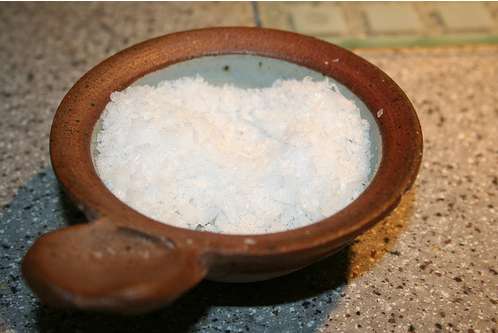FWP:
We know from {17,7} that the fragments of the heart find their joy in suffering, so that their real ecstasy lies in 'diving into the salt-dish'. Thus it's no surprise if they quarrel among themselves over the salt-dish, the way children fight over a prized toy. If they should cease their quarreling, what might be the consequences? Because kis qadar offers some of the versatility of the 'kya effect', there are at least the following two possibilities:
(1a) If they stopped fighting, how wonderfully free the lover would be from the bother of applying ointment! After all, it's their mutual attacks and abrasions and self-tortures that require the ointment in the first place; the self-laceration of the heart is worse than the outer sufferings of the lover's condition.
(1b) Even if they stopped quarreling, how free would the lover be from the bother of applying ointment? Not very free at all, no doubt. For then they'd all joyously leap together into the salt-dish, and instead of the old suffering he would simply have a new sort of pain to deal with.
We are back once again in the pleasure/pain thickets that we explored in {60,6} in connection with the beloved's cruelty and the pleasure the lover takes in it. Whether the lover is exclaiming wistfully (1a), or observing wryly (1b), his tone is surely a bit ruefully amused. He knows his fate, and accepts it so entirely that he can joke about it. Since the whole verse is in the contrafactual, clearly the lover knows that such fanciful imaginings can't in any case affect his real situation.
For other verses that connect wounds and salt, see {77,1}.

Nazm:
That is, the pieces of the heart find such pleasure from being sprinkled with salt that they dispute among themselves over it. For this reason, I wonder why I would apply ointment, and deprive them all of this pleasure. Another aspect is this as well: that if the pieces of the heart would agree among themselves about the salt-dish, then I would consider the removal of this torment to be better than the trouble of [applying] ointment. (60)
== Nazm page 60